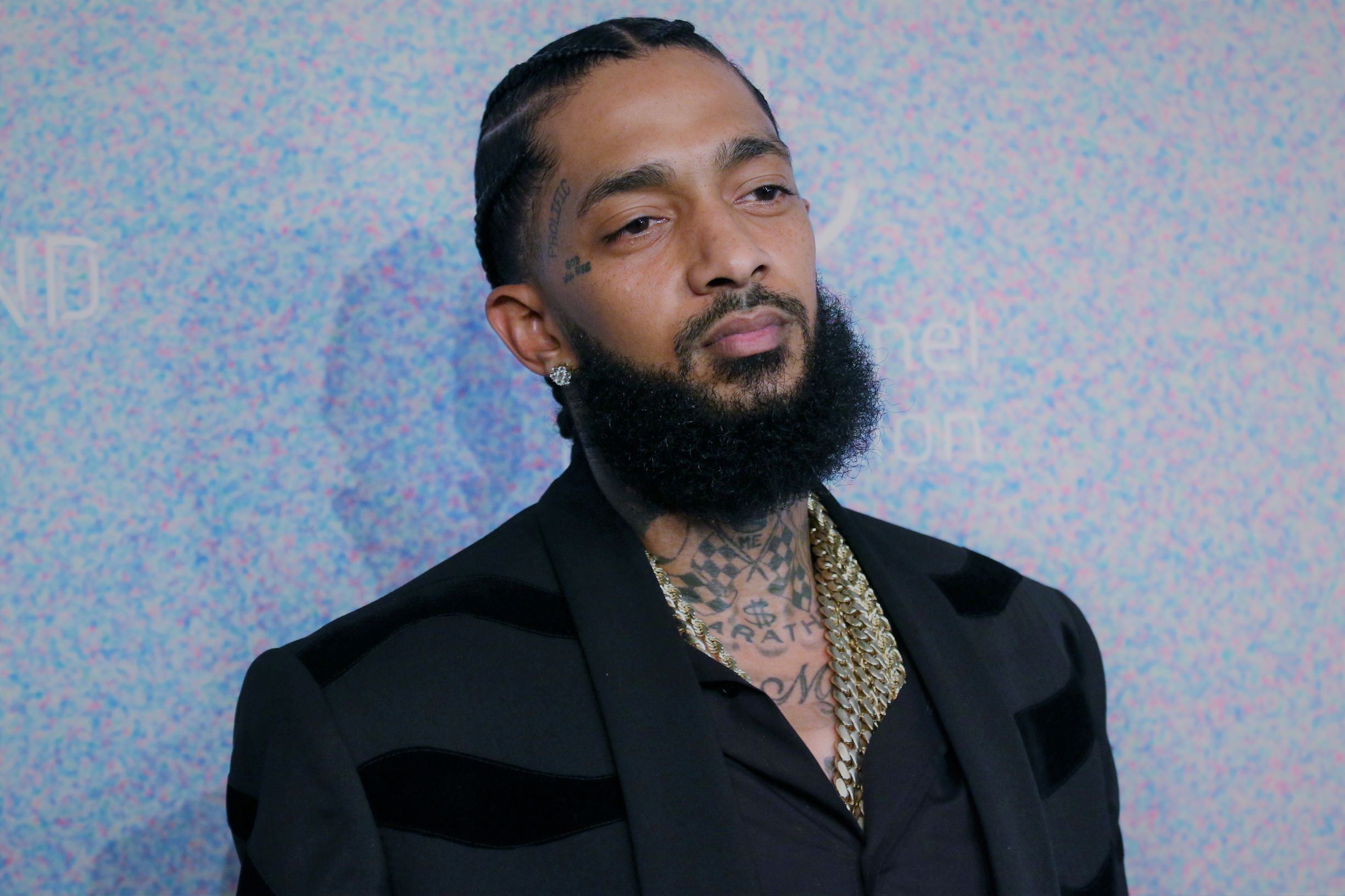Triggered. It has become a loosely applied buzzword, but it is a real thing – especially for those with post-traumatic stress disorder (PTSD). A trigger is “a stimulus that sets off a memory of a trauma…” The tragic murder of hip hop artist, entrepreneur and community activist, Nipsey Hussle, has left an entire community shocked, saddened and triggered. After hearing the news, I waded through social media posts, comments, videos and text messages filled with people describing feelings of anxiety, helplessness, sleeplessness, and anger.
A popular Atlanta based YouTube personality, Roxane or “4itsrox”, dedicated 20 minutes to discuss the emotional distress she, her husband and friends felt in the aftermath of receiving the news. The initial reports of a mere shooting were not surprising to her because “you hear about things like that happening in Los Angeles.” Within an hour, the update on the shooting morphed into a murder. She described a close friend as being “hysterical” over the phone. It took her days to prepare for the video emotionally. As a fellow Los Angeles native, I instantly recognized the despair she felt for the slain artist and the violence that once again terrorized the neighborhood we both considered home.
Blavitize your inbox! Join our daily newsletter for fresh stories and breaking news.
At 45 years old, I am a part of an entire generation who grew up in the heart of South Los Angeles during the most violent period in history. I was diagnosed with PTSD a few years ago stemming from the trauma I experienced in the same community as a youth. I was grateful for my therapist, who is an African American woman from Los Angeles and has a deep understanding of my environment. It was not my first time participating in therapy, but it was the first time a therapist educated me on the psychological impact of my experiences as a survivor of Los Angeles’ infamous gangland era.
Many of the friends and family I spoke to in the days that followed Nipsey Hussle’s murder were no strangers to the carnage that plagued the area formerly known as South Central. I vividly remember the crack epidemic and the daily reports of gang-related murders in the late 1980s and early 1990s. As I completed my first year of college, newspapers reported 1992 as the County’s deadliest year with a record 2,589 homicides. For South L.A. residents, it was old news. We, as a community, were the collateral damage in an urban war zone without any resources to address the complex trauma that was only compounded by poverty and racism.
By the first grade, I knew my school, Hyde Park Elementary, was in the middle of one of the most notorious gang territories in Los Angeles. Rollin’ 60s Neighborhood Crip gang (the same “set” Nipsey acknowledged having ties to) emblazed every wall of the school’s perimeter. It was not uncommon to hear stories on the playground of whose brother, cousin or father was shot the night before. Sometimes my classmates would cry, some would pick fights, while others sat motionless in class staring into space. Where were the school counselors or trauma specialists? Who could any of us turn to help process our fears, grief, and anxiety?
In 1992, the Los Angeles Times reported a survey of 40 randomly selected high school students in Compton and South Central assessed for PTSD. Seven of the students easily met the criteria. They were untreated. A UCLA resident psychiatrist responded to the results by noting, “The sample is representative that we have a problem on our hands.” For individuals living in South Los Angeles during this period, was there an increase in addiction, incarceration, violence, depression or suicide among this population as time passed?
Although studies show that residents of violent neighborhoods are just as likely to develop PTSD as military veterans, the reporting, resources, and education on this data pale in comparison to what we know about challenges soldiers face when returning home from war. A surge in violence is occurring in Los Angeles, again. The time is now to not only report on the crime statistics but also discuss the mental health fallout from events like Nipsey Hussle’s murder.
Community leaders in South Los Angeles are once again calling for healing to take place. We will continue to hear about the vigils, meetings, prayers and a stadium level memorial. The tweets, images and news reports will certainly serve as a trigger for some, leaving us anxious, numb and helpless. Do not ignore your emotions. Access your natural supports in family and friends, take a break from the news, journal your thoughts and explore mental health resources through Mental Health America, PTSD Alliance, the Association of Black Psychologists or the National Latino Behavioral Health Association.
